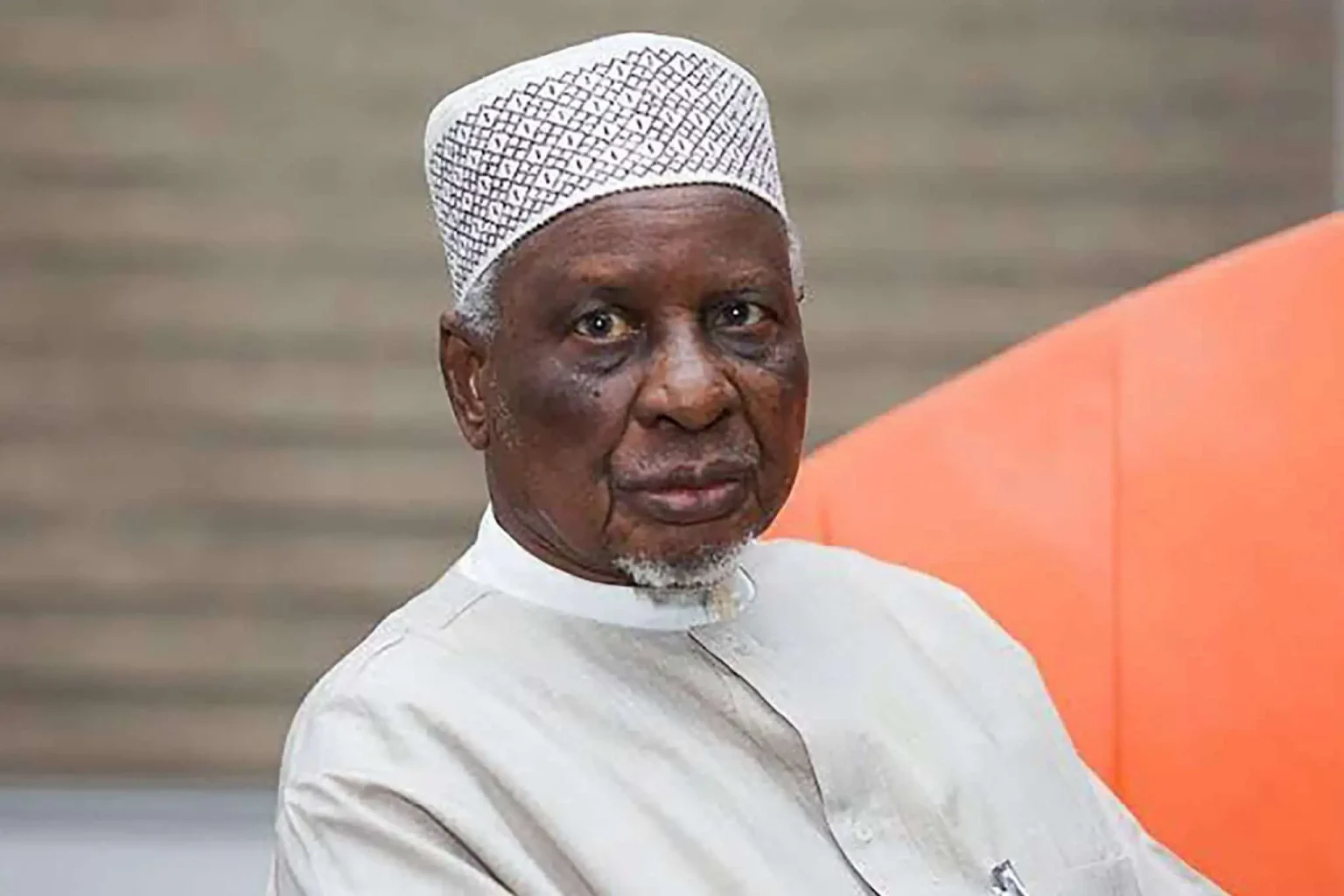Elder statesman and founding member of Nigeria’s political establishment, Alhaji Tanko Yakasai, has said that northern Nigeria cannot speak with one voice, citing the region’s vast population and diversity of views as natural reasons for differing opinions.
Speaking to journalists on Monday, Yakasai addressed recent political rhetoric suggesting regional consensus against the current administration. He rejected such claims, stressing that the North—despite its size and influence—cannot be expected to act or think uniformly.
“It is not possible,” he said. “We are more than half of the entire population of Nigeria. You can’t put this number of people together and think they will think alike. There will be differences; it is in human nature.”
Yakasai also firmly opposed any calls for the premature termination of President Bola Tinubu’s administration, warning against destabilising the democratic process. He insisted that Nigeria must uphold the constitutional order and allow elected governments to complete their full terms.
READ ALSO: Arise backs Tinubu’s Rivers intervention, tips him for 2027 re-election
“What we want is a government that will not only be able to complete its constitutionally allowed tenure but also complete its policies and projects which it set out to achieve within set timelines,” he said. “And hand over to whoever the people decide should continue.”
He warned that any interruption of an elected administration would set a dangerous precedent, potentially weakening the country’s democratic institutions.
A vocal advocate of democracy, Yakasai reiterated his longstanding support for continuity in governance, arguing that sustained leadership is essential for implementing policies, completing national projects, and ensuring political stability.
“I am one of those that have been at the forefront in support of continuity in government,” he said, adding that consistent democratic practice remains the best way to manage the affairs of a diverse and complex nation like Nigeria.
Yakasai’s comments come amid renewed political tensions and debates over regional unity, performance of the federal government, and the path to national development.



